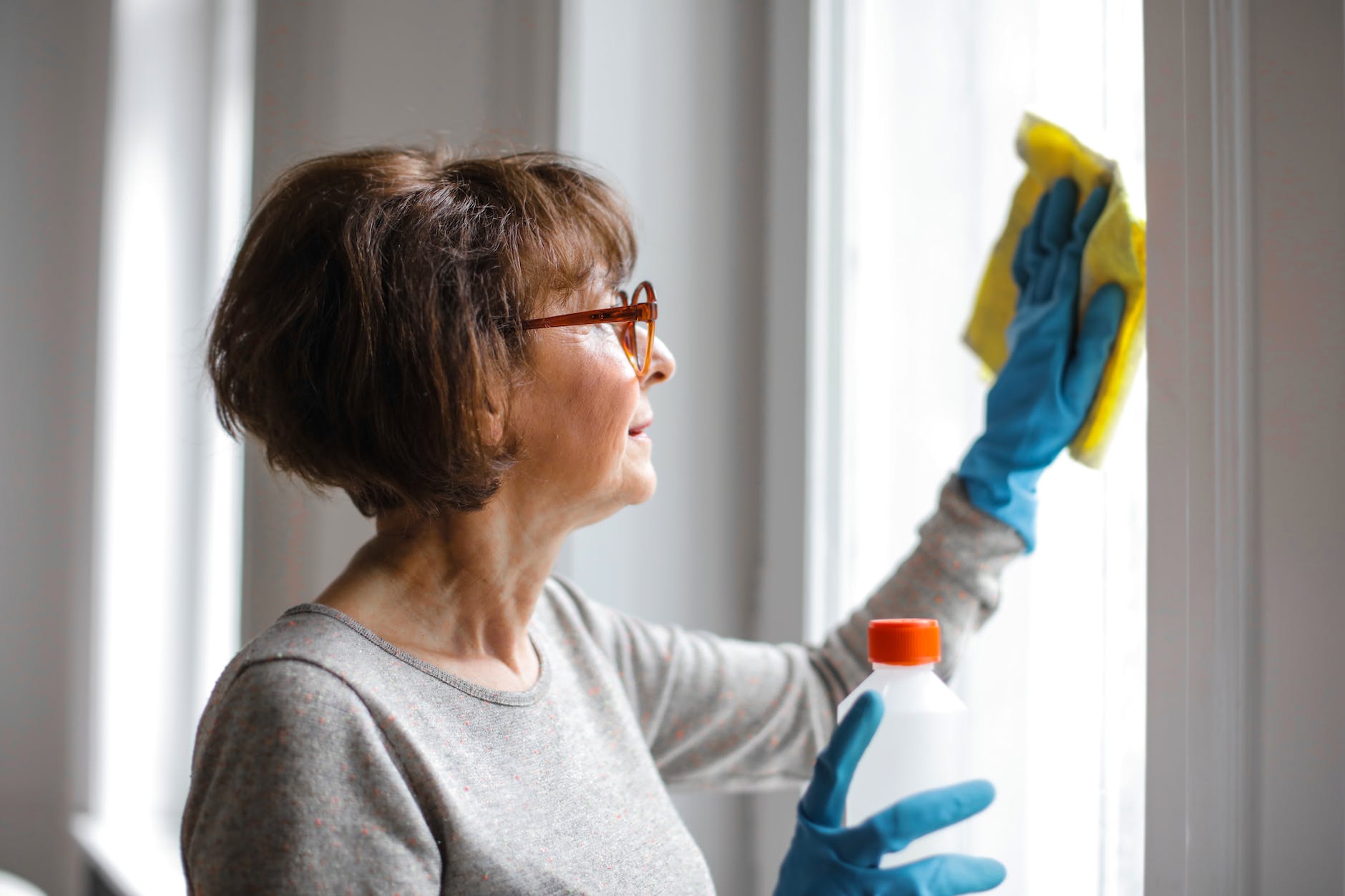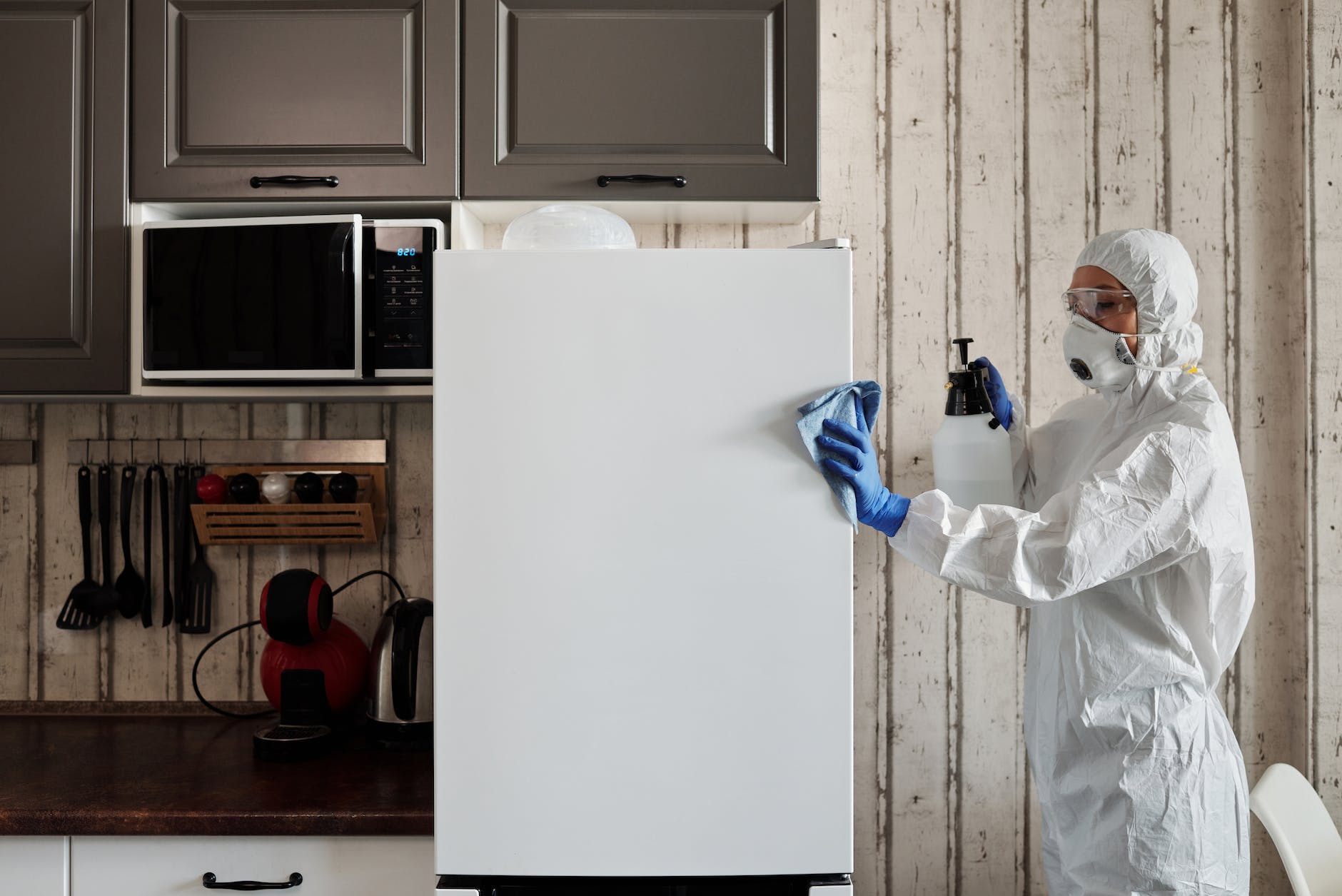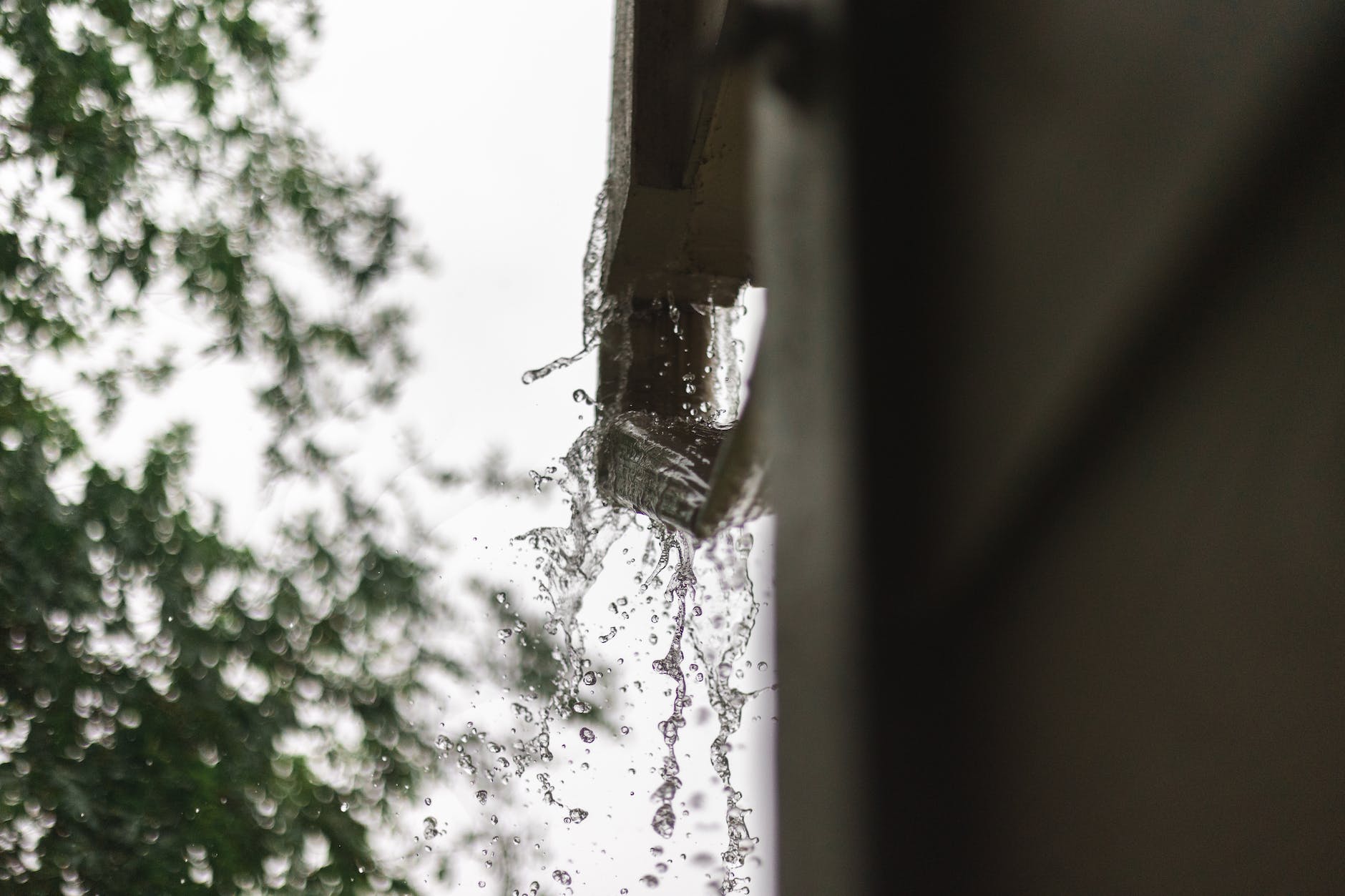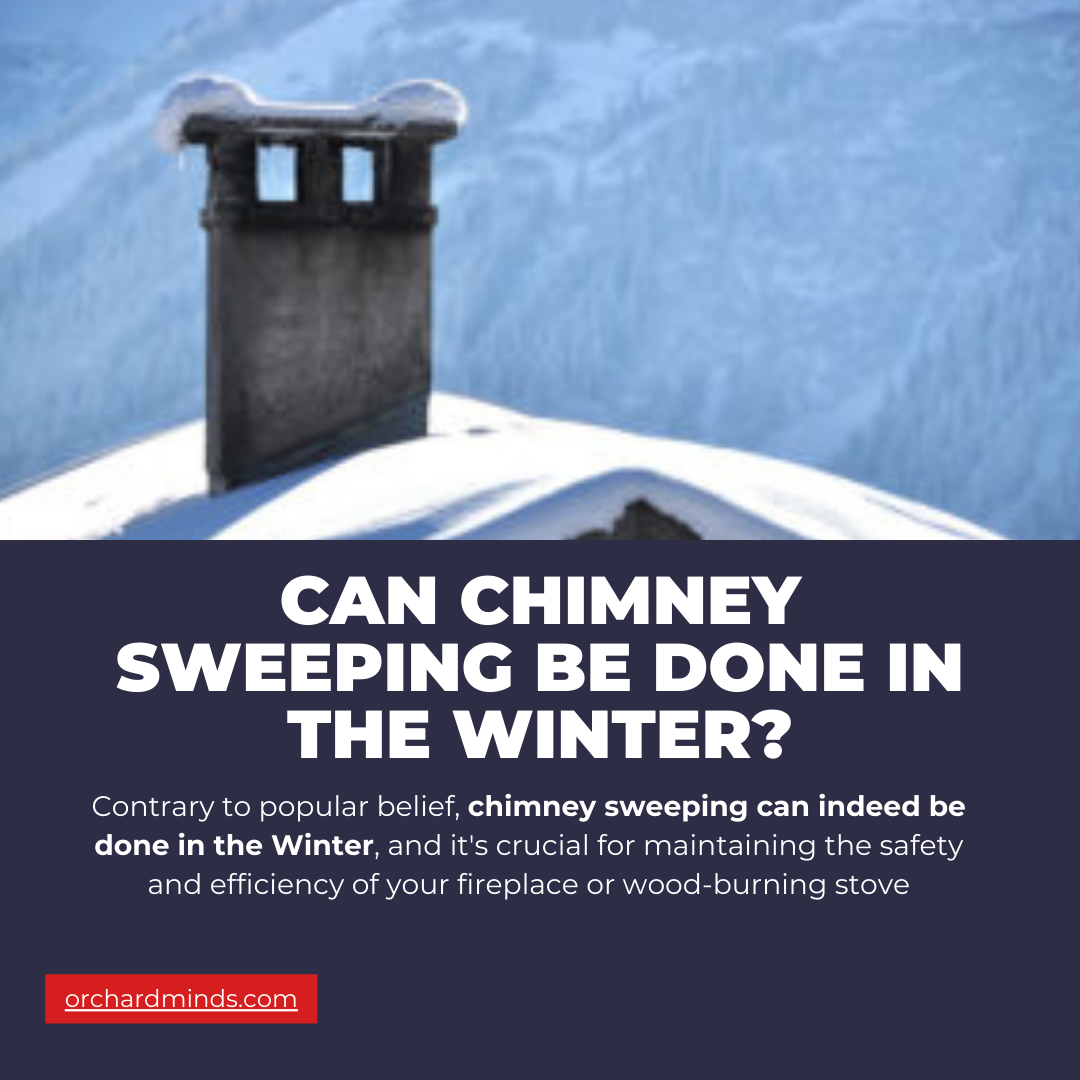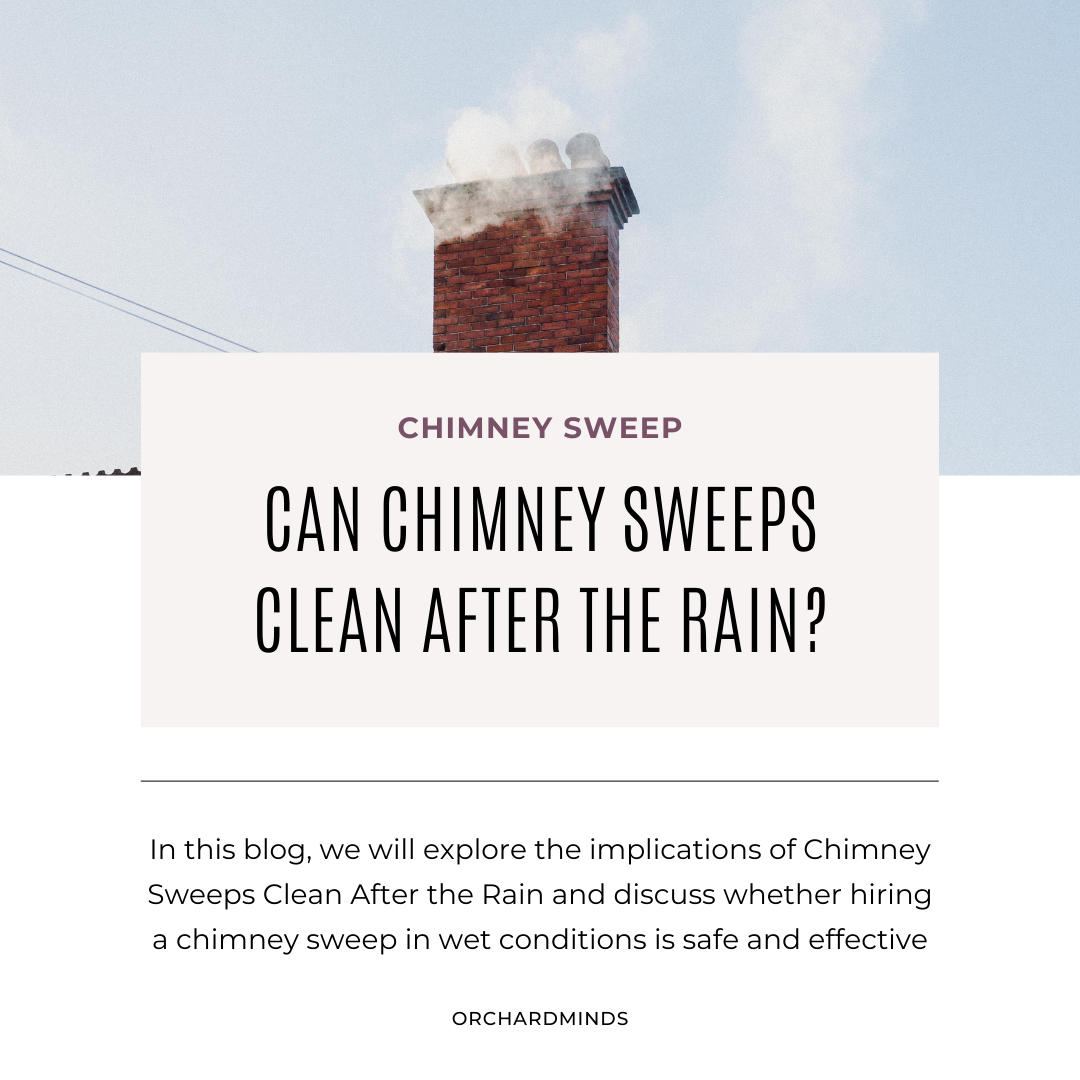Do you need to clean a gas fireplace chimney? While gas fireplaces produce fewer combustion by-products compared to wood-burning ones, it is still essential to clean their chimneys periodically. Gas fireplaces can accumulate dust, debris, and even small amounts of soot over time, which may affect the fireplace’s efficiency and pose safety risks. Annual inspections by a qualified technician can determine if cleaning is necessary. Regular maintenance ensures proper venting and combustion, minimizing the risk of malfunctions and maintaining a safe and efficient gas fireplace.
Do Gas Fireplace Chimneys Need To Be Cleaned?
Yes, gas fireplace chimneys do need to be cleaned periodically. Although gas burns cleaner than wood, combustion by-products such as dust, debris, and small amounts of soot can still accumulate in the chimney. Additionally, insects and animals may build nests in the chimney, posing ventilation issues. Regular cleaning and inspections by a professional can address these issues, ensuring optimal performance and safety of the gas fireplace.
Are There Multiple Kinds of Gas Fireplaces?
Yes, multiple kinds of gas fireplaces offer various options to suit different preferences and installation requirements. Ventless (or vent-free) gas fireplaces don’t require a chimney and are designed to burn gas efficiently. In contrast, vented gas fireplaces use a chimney or venting system to expel combustion by-products. Gas fireplace inserts are installed within existing wood-burning fireplaces to improve efficiency. Additionally, direct vent gas fireplaces draw air from outside and remove combustion by-products, providing a more controlled burn. Each type has advantages, and the choice depends on factors like installation possibilities, heating efficiency, and aesthetic preferences.
How Should You Clean a Gas Fireplace?
Cleaning a gas fireplace involves several steps to ensure optimal performance and safety. First, turn off the gas supply and let the fireplace cool completely. Remove logs, embers, and any loose debris. Use a vacuum with a nozzle attachment to carefully clean the burners, pilot assembly, and other components. Wipe the glass front with a non-abrasive cleaner, and inspect the gasket for any signs of wear. Regular cleaning helps maintain the efficiency of the gas fireplace and reduces the risk of malfunctions.
How do you maintain a gas fireplace with a chimney?
Maintaining a gas fireplace with a chimney involves both cleaning and inspection tasks. Clean the glass regularly to remove soot and buildup. Check the chimney for any blockages, such as nests or debris, and ensure proper ventilation. Inspect the chimney cap to prevent water entry and damage. Additionally, schedule annual professional inspections to assess the gas components, chimney structure, and overall system performance. Following these maintenance practices helps ensure your gas fireplace’s safe and efficient operation with a chimney.
What maintenance is required for a gas fireplace?
Regular maintenance for a gas fireplace includes cleaning, inspection, and professional servicing. Clean the glass, burners, and logs to prevent buildup and maintain aesthetics. Inspect the venting system for blockages or damage. Ensure the gas connections are secure, and check for any unusual odors. Schedule an annual professional inspection to assess the gas valve, thermocouple, pilot assembly, and chimney. Professional maintenance is crucial to detect and address potential issues before they compromise the safety and functionality of the gas fireplace. Adhering to a routine maintenance schedule ensures that your gas fireplace operates efficiently and remains a safe source of warmth and ambiance.
How often should a chimney be swept with a gas fire?
Chimneys serving gas fires should be inspected annually, and sweeping frequency depends on the type of gas appliance. An annual inspection is usually sufficient for a gas fire that vents directly to the chimney. However, suppose the gas fire is connected to a balanced or power flue system. In that case, these systems generally require less frequent cleaning. Following the manufacturer’s recommendations and consulting with a professional chimney sweep to determine the appropriate maintenance schedule for your specific gas fire setup is essential.
Do you need to clean your chimney if you have a gas furnace?
While gas furnaces produce fewer creosote and combustion by-products than wood-burning appliances, inspecting and cleaning the chimney annually is still important. Gas furnaces can contribute to the buildup of dust, debris, and corrosion within the chimney. Regular cleaning ensures proper ventilation and prevents potential blockages that might hinder the furnace’s efficiency. Additionally, an annual inspection allows for detecting any issues that may arise with the chimney or the stove.
How often do you need to clean a gas boiler chimney?
Like gas furnaces, gas boilers should have their chimneys inspected and cleaned annually. Gas boiler systems can produce combustion by-products and debris that may accumulate in the chimney. Regular cleaning helps maintain efficient ventilation, prevents blockages, and ensures safe operation. As with any gas appliance, it’s crucial to follow the manufacturer’s guidelines and consult with a professional chimney sweep to determine the appropriate cleaning schedule based on the specific characteristics of your gas boiler and chimney setup. Regular maintenance enhances safety and contributes to the longevity and efficiency of your heating system.
How do you clean a furnace chimney pipe?
Cleaning a furnace chimney pipe involves several steps. First, turn off the furnace and let it cool completely. Remove the chimney cap or termination cap, then disconnect and remove the chimney pipe sections. Use a chimney brush appropriate for the pipe diameter to scrub away creosote and soot. Ensure that you clean both the horizontal and vertical sections of the pipe. Vacuum any loose debris, and inspect the pipe for signs of damage or corrosion. Reassemble the chimney pipe, secure the connections, and reinstall the cap. Regular cleaning helps maintain proper ventilation and efficiency, reducing the risk of chimney fires.
How long can you run a gas fireplace with a chimney?
The duration you can run a gas fireplace with a chimney depends on various factors, including the type of gas fireplace, the quality of ventilation, and the specific manufacturer’s guidelines. Generally, many modern gas fireplaces are designed for extended operation, but it’s essential to adhere to the manufacturer’s recommendations. Some vented gas fireplaces may have limitations on continuous operation, while vent-free models are often designed for longer periods. Regular maintenance, including cleaning and inspection, ensures the safe and efficient operation of the gas fireplace.
What maintenance should be done on a gas fireplace?
Gas fireplace maintenance involves several key tasks. First, ensure that the burner and pilot assembly are clean and debris-free. Inspect the thermocouple and thermopile for proper functioning. Check the gas valve and connections for leaks. Clean the glass doors with a non-abrasive cleaner to maintain visibility. Verify that the venting system, including the chimney or flue, is clear of obstructions. Replace batteries in remote controls or receivers if applicable. It’s recommended to schedule an annual professional inspection and cleaning to address any potential issues and ensure the continued safe operation of the gas fireplace.
